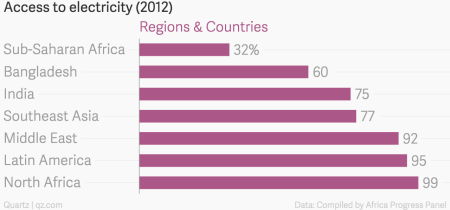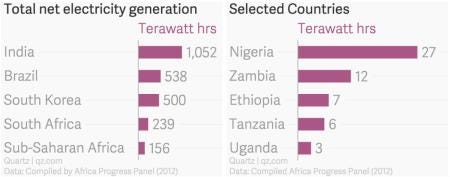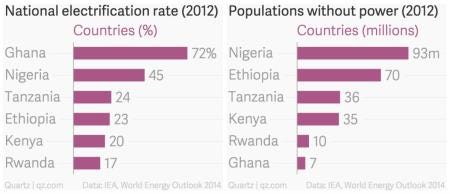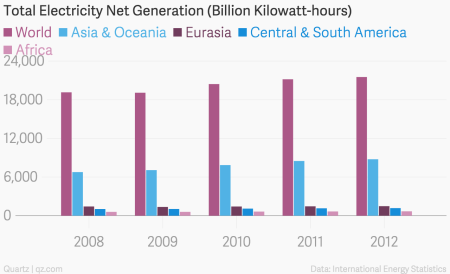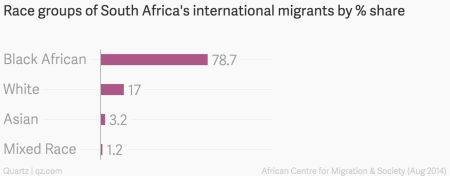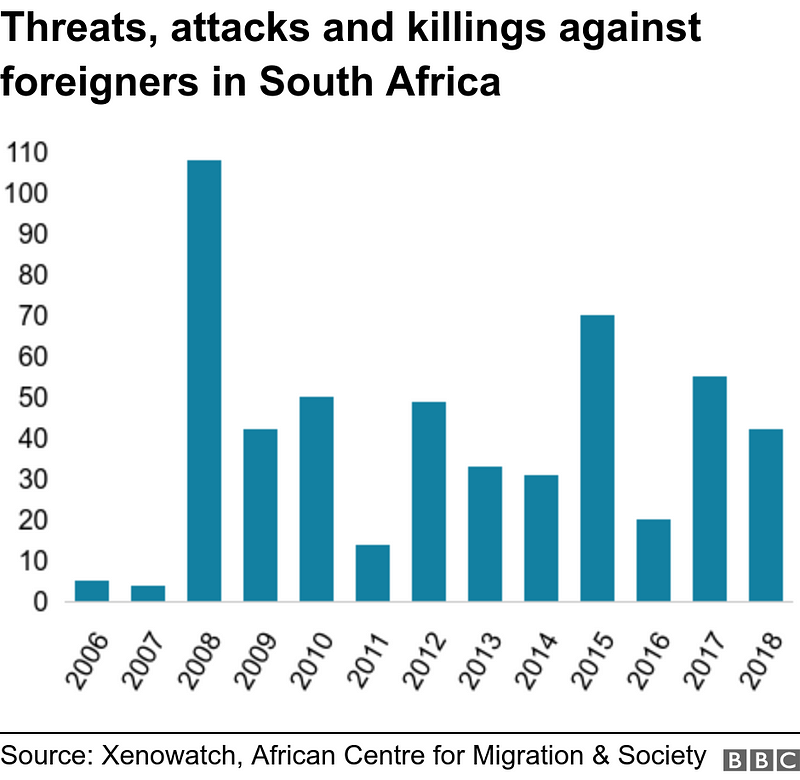From Hangzhou to Rwanda: how Jack Ma brought Chinese e-commerce to Africa
When Alibaba’s founder, Jack Ma, first visited Africa a couple of years ago, he discovered many similarities between Africa now and China when he founded Alibaba. Inspired by the passion and energy of the continent’s young entrepreneurs, he saw an opportunity to share in Africa what Alibaba had learned in building the world’s largest retail economy in China. In his mind, what may have seemed like a disadvantage — youth unemployment, lack of infrastructure etc. — were actually significant opportunities in the digital era: Africa could leapfrog, instead of battle, entrenched outdated systems, power structures and models.
Jack founded Alibaba back in 1999 after discovering the internet and realizing the potential it had to connect all the small businesses in his region of Zhejiang province, to customers around the world. Early on, he understood the power of technology to level the playing field to allow more people to start, run and grow businesses. Twenty years later, Alibaba has evolved into an ecosystem through which it created over 40 million job opportunities in 2018 directly and indirectly; there are 10 million SMEs and start-ups on Taobao alone, Alibaba’s C2C e-commerce platform, and about half of online entrepreneurs are women. In 2018, e-commerce revenue in rural areas of China enabled by Alibaba has exceeded 700 billion RMB (approximately $97.6 billion), which led to over 6.83 million new job opportunities.
This is all possible in Africa as all the ingredients exist for the same possibilities to happen. Africa stands at an unprecedented moment in history where it has the opportunity to leverage its critical mass of youth to leapfrog legacy systems in exchange for inclusive growth into a new digital economy.

What is necessary for Africa to take advantage of the digital era?
This task is not something a single sector in society can solve, but rather it requires the alignment, cooperation and participation of all sectors: namely, government leaders, entrepreneurs and educational institutions. In addition, Africa must develop new models of development by learning from what has worked in other emerging markets. Traditional development philosophies no longer apply in the digital era with all the opportunities it holds for inclusive growth.
A shared vision and belief in the positive impact of technology across governments, private sector and educational systems is necessary. Yes, there are risks. And yes, there are fears and unintended consequences to technology. But the biggest risk is to miss out on the opportunity altogether. All sectors must work together to encourage innovation and entrepreneurism.
In addition, each sector must play their part in enabling this transformation. For example, government should create policies and regulations that encourage innovation and investment in the digital economy; entrepreneurs should be left to actually build and operate the platforms that will make digital tools cost-effective and accessible for small businesses to adopt; and educational institutions should be training youth to acquire the relevant skills and perspectives for the new economy.
A new empowerment model for Africa
Leveraging 20 years of collective Alibaba Group knowledge and resources, at Alibaba Business School we have developed a new empowerment model to help governments, entrepreneurs, youth and women to reap the benefits of the digital economy.
The new empowerment model aims to promote greater understanding of and alignment around the digital economy and what is needed to encourage digital transformation across the public and private sectors.
For this model to work, dedicated training is needed, using targeted curriculum for governments, ecosystem builders (entrepreneurs, SMEs) and students. A wide range of partnerships with venture capitalists and incubators, multilateral organizations, government agencies, universities, industry associations are necessary to create a true ecosystem that can support the development of a digital economy. And through these initiatives, we help align and connect different sectors so that they can work together towards a common goal guided by a shared vision.
Here’s how we are applying the model at a country level in Rwanda:
• Government officials have tremendous power to foster a policy and regulatory environment that enables entrepreneurism to thrive. We held a New Economy Workshop for Rwandan high-ranking government officials to discuss obstacles to the development of a digital ecosystem, and policy actions that can enable and facilitate private sector development. As a result, the Rwandan Utility and Regulation Association made further investments in fibre infrastructure across the country, estimated to be 3,400km now. The Rwanda Development Board (RDB), which spearheads the digital transformation in Rwanda, is also working with the National Post Office to improve the local postal service, which is key to the logistics of e-commerce.
• Rwandan entrepreneurs and SMEs are the digital infrastructure builders and key players of the digital ecosystem. We established the eFounders Fellowship, in partnership with UNCTAD, to cultivate young digital entrepreneurs and the Netpreneur programme, in partnership with RDB, to train SMEs who aspire to digitize their businesses.
To date, 40 Rwandan entrepreneurs have received Alibaba training. For example:
1. Rwanda eFounder fellow Clarisse Iribagiza is CEO of DMM.HeHe, a leading tech company that serves more than 1 million users across the African continent through its various tech solutions. As a result of the Alibaba programs, the company partnered with three Netpreneurs and helped put them online and provided digital solutions.
2. Seven SMEs set up an agriculture and tourism company focusing on bringing Alibaba’s rural development model to Rwanda. They are choosing villages with signature agriculture products and internet service as trial locations and working with RDB to develop these projects.
3. Rwandan coffee-makers (many of whom have graduated from Netpreneurs training) have successfully connected their businesses to China’s 700+ million consumers through Tmall Global, our cross-border B2C platform and increased sales of high-quality Rwandan coffee to China by 700%.
• Rwandan students are the talent source that will power the digital economy forward. To prepare them with the relevant tools, we provided skills training on e-commerce to a local Rwandan faculty to support the creation of a new digital economy curriculum. In addition, 22 students from Rwanda will soon start a new four-year undergraduate course on cross-border e-commerce in September 2019 at the Alibaba Business School in Hangzhou, China.
• Cross-sector synergy and public-private collaborations have been cultivated through the respective programs and will continue to drive actions towards the goal of an inclusive digital economy. The RDB, for example, holds frequent meet-ups among entrepreneurs and government in sharing and discussing policy for building digital economy. Moreover, entrepreneurs can advise policy-makers on how the two should work more closely together.
Of course, no one country is the same. But a common success factor is an entrepreneurial mindset that enables resilience, flexibility and innovation. These traits can be nurtured through training, supportive policies, education and community building.
This article is brought to you thanks to the collaboration of The European Sting with the World Economic Forum.
Author: Brian A Wong, Vice President, Global Initiatives, Alibaba Group & Roger Yong Zhang, Senior Lead, International Corporate Affairs, Alibaba Group
Charles Rapulu Udoh

Charles Rapulu Udoh is a Lagos-based Lawyer with special focus on Business Law, Intellectual Property Rights, Entertainment and Technology Law. He is also an award-winning writer. Working for notable organizations so far has exposed him to some of industry best practices in business, finance strategies, law, dispute resolution, and data analytics both in Nigeria and across the world.










